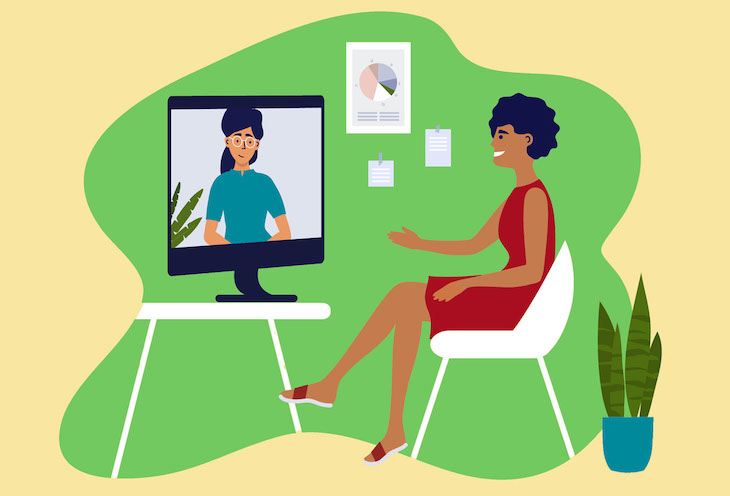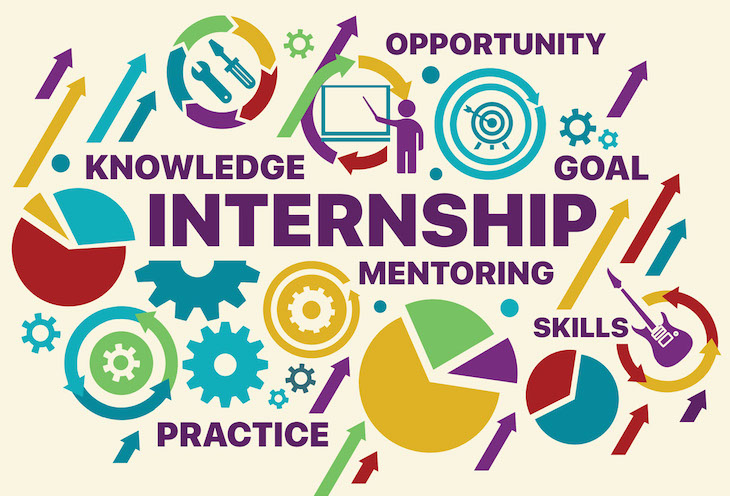-
How to Nail a Virtual Interview
Among the changes brought about by COVID-19 is the virtual interview, and it looks like it’s here to stay. As more jobs become remote, companies can cast a wider net to attract talent. Thanks to technologies like Zoom, Google Meet, and Microsoft Teams, employers and candidates can easily connect and meet virtually — proving both time effective and fiscally responsible for both parties. While it may be convenient, a virtual interview does come with challenges. Here are some tips to help you make a good impression on your next virtual interview.
-
Understanding Recent Hiring Trends
Thanks in large part to the COVID-19 pandemic, the past few years have brought new challenges for both employers and employees. Companies and individuals were forced to quickly adapt to remote and hybrid work schedules. Because they no longer needed to be in an office, many people chose to move away from major cities in favor of calmer, more affordable locales. Finally, inflation and rising interest rates have impacted people’s sense of financial security, which has prompted unexpected employment decisions. All of these factors play a role in current hiring trends.
-
Tips for the First-Time Flyer
Your first trip by air is exciting. It also can be anxiety-inducing. Those nerves are best overcome by being well prepared. Familiarize yourself with the travel process, including navigating the airport and knowing what to expect during the flight. Here are some tips to help guide you through your first flight.
Pack Wisely -
You’ve Got This: Tips for coping with stress
The end of the academic year is near, which means the pressure of finishing projects and exams, landing summer internships and jobs, and lining things up for the fall is in full force. You want to finish out the year strong, so it’s important to remember to use the tools you have to support your mental health. Ideally, you’ve set yourself up for strong mental health all year by following a healthy routine, joining clubs, and spending time with supportive people. If you find yourself becoming overwhelmed, however, there are steps you can take to regain control.
-
The Importance of Internships
Proven industry experience can make all the difference when it comes to landing your first professional job. But how can a student gain professional experience? That’s where the internship comes in. An internship is a temporary position that typically is associated with a student’s academic major or career interest. During their short tenure with an organization, an intern can gain valuable hands-on experience and insight while working in a professional role.
-
Is Your Team Quiet Quitting?
“Quiet quitters” — employees who are simply meeting their job description — make up at least 50 percent of the U.S. workforce, according to a Gallup poll. This trend has increased since the COVID-19 pandemic, during which the workplace got worse for young professionals. Between working remotely and limited interaction with colleagues, employees’ motivation and drive waned. Are you among that group?
Reality Check -
The Importance of Setting Goals
As you spend more time in the professional world, you may start to think more about where you are and where you want to be. Do you aspire to be an executive one day, or be in a position that allows you to work remotely from anywhere in the world? Are you happy in your current line of work, or is there something else you’d like to be doing? To answer these questions, and make your dreams a reality, you’ll need to set goals, and then focus on achieving them. Setting and achieving goals can help in many areas of your life.
-
Finding Your Resolve in a New Semester
After some time away, it can be hard to get back into the swing of academic life. It can be helpful to take some time at the beginning of the semester to situate yourself and ensure you’re ready for what the next few months of classes will bring. Here are a few ways to set yourself up for successful semester.
Plan, Plan, Plan -
Finding Work-Life Balance and Managing Stress Through Native Traditions
In this world of hybrid and remote work, the ongoing pandemic, and the great resignation, work can be a stressful place. It certainly looks very different than it did a year ago, and many of your elders might not even recognize the workplace as you know it today. In the modern workplace, it’s easy to become stressed, and hard to find your work-life balance. If this is the case, look to your Native traditions to help ground you, and bring some calm back into your life.
Connect with Mother Earth -
Steps to Maintain a Healthy Diet at College
College can be an amazing experience, with tons of new friends, new activities, and new foods to try. At the same time, it can be overwhelming trying to balance a busy schedule and a healthy lifestyle. Healthy eating habits are important throughout your life, but especially during college when late-night cramming sessions and a full calendar can easily cause you to deviate from a balanced plan. Here are some tips to maintain a healthy diet.
Paths to Opportunities
This is the category description











